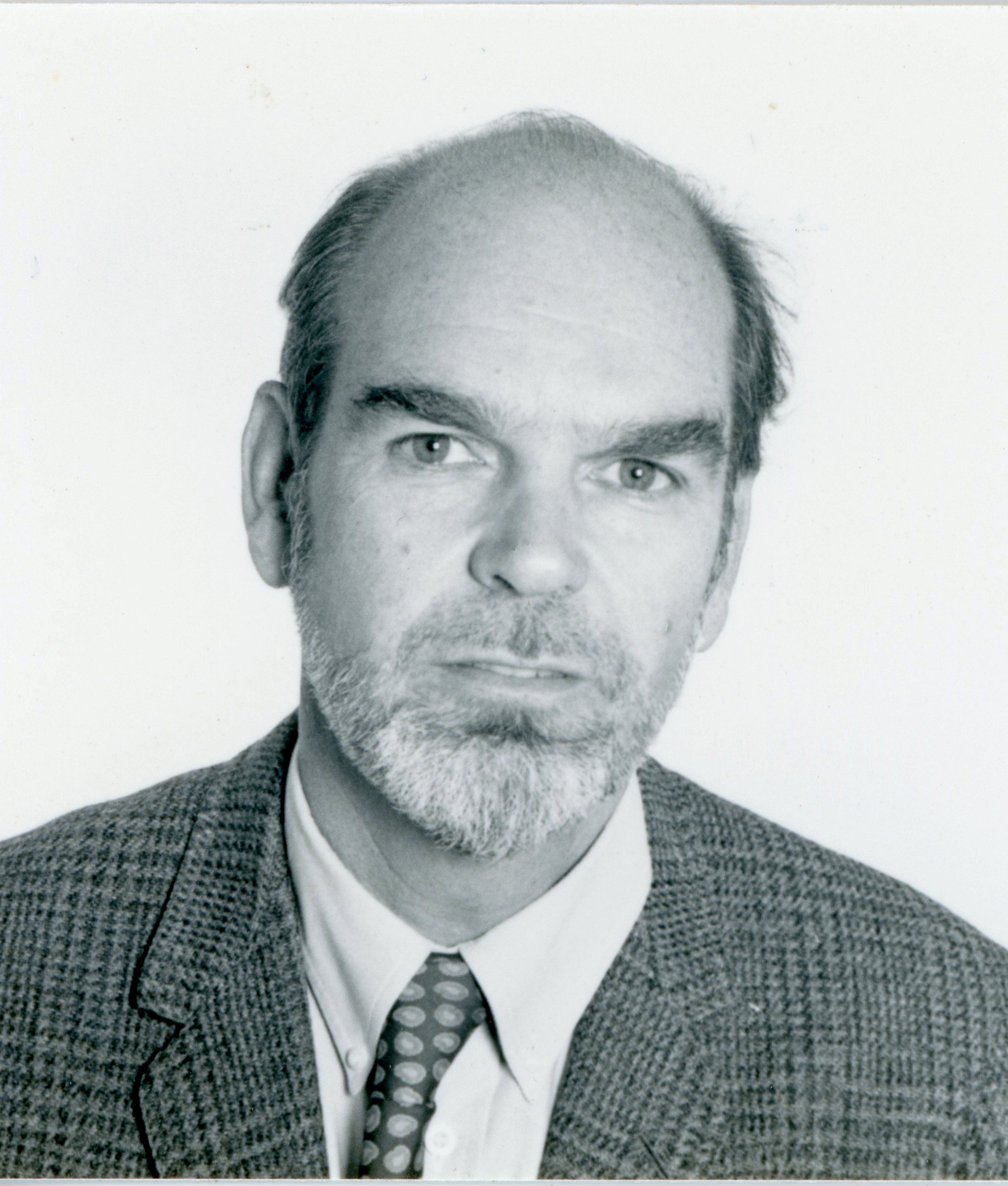 Richard Gould, anthropologist, archaeologist, and retired professor, died of cancer in March 2020. He was born in Newton, MA, in 1939 and grew up in the Boston area. He was a graduate of Harvard, and he earned his PhD at the University of California, Berkeley, in 1965. His first professional position was Curator at the American Museum of Natural History in New York, which supported his fieldwork among the Aborigines of Australia's Western Desert. He came to Hawaii in 1971, where he often taught the large introductory anthropology course at the University of Hawaii, Manoa. He loved teaching and sharing his enthusiasm for his subject. He offered a course that introduced students to the ancient art of stone-tool making. He imported half a ton of chert for practice, and flakes of the flint-like material can still be found near the campus worksite.
Richard Gould, anthropologist, archaeologist, and retired professor, died of cancer in March 2020. He was born in Newton, MA, in 1939 and grew up in the Boston area. He was a graduate of Harvard, and he earned his PhD at the University of California, Berkeley, in 1965. His first professional position was Curator at the American Museum of Natural History in New York, which supported his fieldwork among the Aborigines of Australia's Western Desert. He came to Hawaii in 1971, where he often taught the large introductory anthropology course at the University of Hawaii, Manoa. He loved teaching and sharing his enthusiasm for his subject. He offered a course that introduced students to the ancient art of stone-tool making. He imported half a ton of chert for practice, and flakes of the flint-like material can still be found near the campus worksite.Dick joined the faculty of Brown University in 1981, and he taught there until he retired in 2009. His research interests expanded to include other native peoples who lived in marginal environments—not just Aborigines in the desert, but dairy farmers in northern Finland, where the growing season was remarkably short. Later Dick became interested in underwater archaeology. He learned to dive, and he led Earthwatch teams to study shipwrecks in Bermuda and the Dry Tortugas. After the attacks on the World Trade Center in 2001, he pioneered the field of disaster archaeology.
Teaching and flying were Dick's passions. He learned to fly in Hawaii, and he continued flying until shortly before his death. He owned several airplanes during his life, but his favorite was his Citabria (Airbatic spelled backwards). He loved to relax by flying to a practice area on Oahu, where he performed loops, rolls, and spins. Dick was a docent at the Pearl Harbor Aviation Museum, where he shared his extensive knowledge of aviation and World War II history with visitors.
Dick was the author or editor of twelve books and monographs, including Yiwara: Foragers of the Australian Desert; Shipwreck Anthropology; and Disaster Archaeology.
A teacher most of his life, Dick continued to teach in retirement. He offered courses for adult students at UH in the OLLI (Osher Lifelong Learning Institute) program. He even found a way to teach after his death by donating his body to the UH Medical School.
He is survived by Elizabeth (Betsy) Gould, his wife of 57 years.


